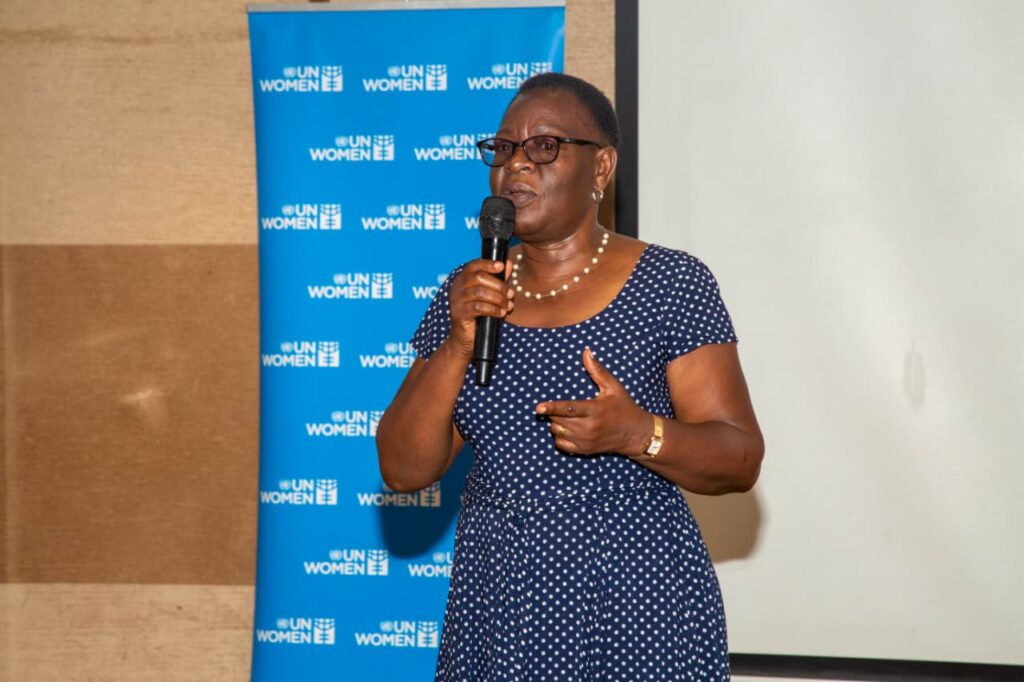By Melisa Mong’ina
Every day, millions of Kenyan women rise before dawn to cook, clean, care for children, or tend to sick relatives. Yet this unpaid labor rarely makes headlines and remains invisible in the country’s Gross Domestic Product (GDP).
A new National Policy on Care, currently before Cabinet, could mark a turning point by integrating care into national development plans and budgets. The policy seeks to ensure that the burden of care is shared more fairly across society.

According to Elizabeth Obanda, UN Women Kenya Team Leader for the Women’s Economic Empowerment Unit, the policy, once passed, will become a guiding framework for both government and citizens to address the pressing issues of care work.
She highlighted findings from a Kenya National Bureau of Statistics (KNBS) time-use survey, which revealed that women spend five times more hours on unpaid care and domestic tasks compared to men. Despite its critical role, this labor is not recognized in GDP calculations, leaving it invisible in economic terms.
“There was a needs assessment conducted by KNBS, which showed that about 19 million Kenyans, mainly children up to 13 years and older persons over 65, are in need of care. Most of this care is provided for free by women, but it does not reflect in the GDP,” Obanda explained.

Obanda stressed that care should be fairly valued, domestic workers adequately compensated, and responsibilities more evenly shared. She also underscored the importance of diverse representation in shaping care-related policies.
“It’s important for both the government and people of Kenya to recognize that the way we provide and evaluate care needs to change. We must reduce the burden so women can participate more fully in the economy, and we must also reward it,” she said.
UN Women, together with the State Department for Gender and Affirmative Action, convened technical working groups to help shape the policy. These groups, brought together academia, research institutes, the private sector, government, and development partners, advocating for greater investment in critical care sectors like education, health, and social services.
The policy envisions stronger infrastructure for care, including facilities for long-term patients, children with disabilities, and early childhood development centers (ECDs).
Obanda emphasized that UN Women is actively pushing for budget allocations at both national and county levels, encouraging investment in education, healthcare, and other care-related services.
“We are confident that if the government approves this policy, it will embrace measures that reduce women’s time poverty, such as improved maternity and paternity leave and proper facilities to care for children and persons with ill health or disabilities,” she added.
She pointed out that the current system favors men because their paid work is counted in GDP, while much of women’s unpaid labor remains invisible.
“The system is already skewed. Most of the work men do is counted in GDP, while much of the work women do is not,” said Obanda.
